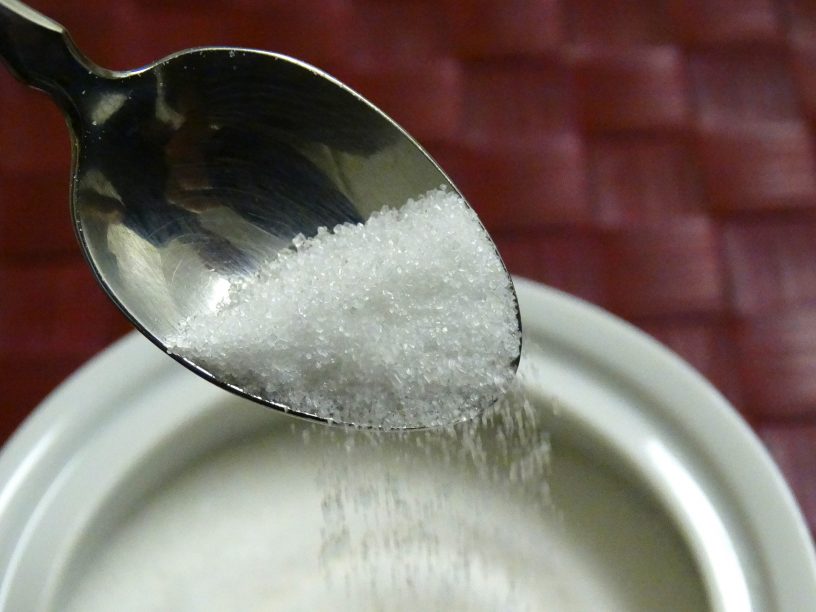This is just an end of the year round-up of some of the best Epsom salt posts we’ve written the previous year. I thought that it would be more convenient for some of you guys out there researching if the best articles were listed in a single post so here goes.
The third of the Epsom salt posts is:
#3 Three Facts about Epsom Salt
Epsom Salt is scientifically a bitter-tasting, organically appearing magnesium-and-sulfate mineral compound (chemical name: magnesium sulfate heptahydrate). It was named Epsom salt for the English town in which it was discovered, where it bubbled up in water from an underground spring in the early 17th century. (It’s also known as epsomite.)
The second of the Epsom salt posts is:
#2 How to Get Rid of Excess Water Retention Fast
About Water Retention
You know those times when you feel bloated and weirdly gain weight seemingly overnight, that is water retention. Water retention is a type of swelling that occurs due to the abnormal fluid retention in the body. Water retention is medically termed as edema. Hands, arms, face, abdomen and lungs are commonly affected with edema.
Usually water retention does not cause serious problems. But that doesn’t mean that you can take it lightly, it may be an indication of a serious problem. Some conditions which cause fluid retention include kidney failure, cirrhosis of the liver, heart failure, premenstrual syndrome and preeclampsia (a harmful condition in late pregnancy). This symptom can indicate serious issues so make sure to consult your physician if you feel concerned. More often than not, it is the lower legs and feet that swell because of the activity of gravity.
The first of the Epsom salt posts is:
#1 Soil Depletion, Nutrient Deficiency and Epsom Salt
Nowadays, as society grows more affluent and the populace more educated, public awareness of certain issues has increased. As such awareness is raised about environmental quality and there is growing concern about the quality of our food and accountability in the agricultural processes. There have been many scientific studies conducted that compare historical food composition tables with modern ones. The results have shown a disturbing decline in food nutrients content over the past 70 years. The main reason for this decline has been attributed to soil degradation and the “mining” of soil fertility by modern agriculture.
Where to Find Epsom Salt?
Or alternatively click to visit the shop!






Leave a Reply